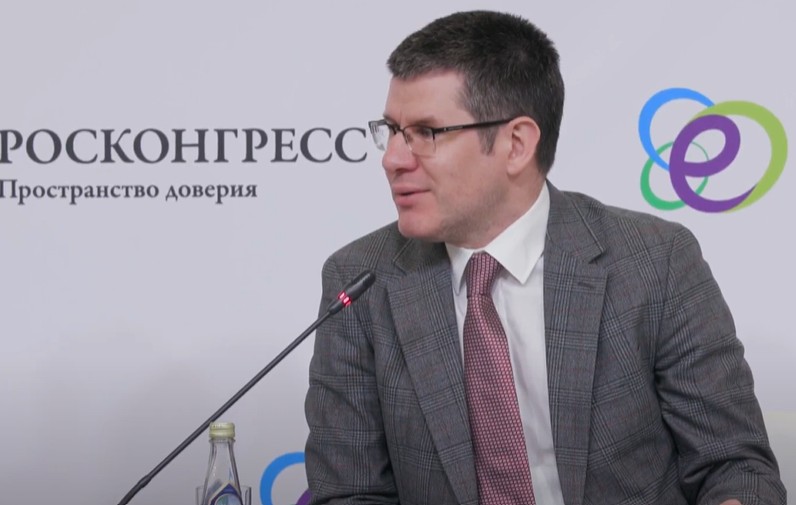The Russian government says it will not enact any further crypto mining bans, despite talk of further regional restrictions on miners.
The media outlet RBC reported that the Russian Ministry of Energy said that it “sees no grounds for introducing new bans on mining” anywhere in the country.
Andrei Maksimov, who heads the Electric Power Development Department, claimed that the Ministry “has not received any more requests for bans from regional authorities.”

Maksimov added that the country’s power grid was now “coping with the load” as miners step up their operations. He said:
“We have received no requests for bans from Russian regional governors. And there are no grounds for further bans. Everything is working fine. Since there are no shortages, there is no reason to impose restrictions. Our energy system is, generally, operating well.”
Moscow has instructed areas with surplus power resources to work with industrial crypto miners.
In return, several fast-growing Russian mining firms have told Moscow they are prepared to declare their incomes, pay millions of dollars in taxes, and provide national AI projects with computing resources.
However, the decision to embrace the mining sector has not come without considerable difficulties for Russian regions.
Traditional Bitcoin mining hotspots in Southern Siberia and the North Caucasus have reported power grid problems and a spike in illegal mining operations.
There are also signs suggesting that some miners’ efforts to relocate to more populated areas in Western Russia have put operators at odds with local communities.
Earlier this year, senior politicians and regional leaders spoke openly about a second round of restrictions.
The first round of restrictions came into to force in early 2025, when Moscow ordered mining bans in 10 Russian regions and Russia-controlled territories.
The government said it “recognized” these areas as “energy-deficient,” banning miners from operating in these areas until the spring of 2031.
The bans were initially applicable in the winter months only. But in some areas, including the North Caucasus republics and the Russia-controlled parts of Ukraine’s Donetsk, Lugansk, Zaporizhzhia, Kherson oblasts, these bans were imposed year-round.
Moscow later imposed a further year-round ban in the southern part of the Irkutsk oblast, at the request of Governor Igor Kobzev.
For some time, it appeared that a second round of bans was simply a matter of time, with the governments of Buryatia, Transbaikal, Khakassia, Karelia, and the Penza regions all submitting ban requests.

But the mood appears to have changed in Moscow. The Karelia, Khakassia, and Penza regions have since withdrawn their requests. Decisions on bans in Buryatia and Transbaikal, meanwhile, have been “postponed,” RBS wrote.
Russian miners have urged the government to continue pro-business policies. They claim that their industry is now second only in size and capacity to that of the United States.
However, the issue of mining-related power grid problems refuses to go away in Russia. Instead, it appears to be becoming increasingly nuanced.
In July, Deputy Prime Minister Alexander Novak instructed the Ministry of Energy to finalize proposals for creating a new category of energy consumption for miners.
Novak appears keen to find a way to force miners to automatically or remotely limit their electricity consumption in real-time during peak demand periods.
And in late August, the Russian Presidential Aide Nikolai Patrushev said that crypto mining was leading to electricity shortages in areas such as the northern Yamal Peninsual.
Patrushev also noted that the electricity deficit in the Siberian Federal District (SFD) had reached 1.2 GW.
This runs contrary to a recent comments by regional authorities who claim that the SFD has a power surplus.
Critics in the region say they “sees no positive impact” from crypto mining operators building data centers in the SFD.
The post Russian Gov’t Rules Out Further Regional Crypto Mining Bans appeared first on Cryptonews.
Also read: Crypto.com Suffered an Unreported Data Breach from Scattered Spider Hackers, Bloomberg Reports